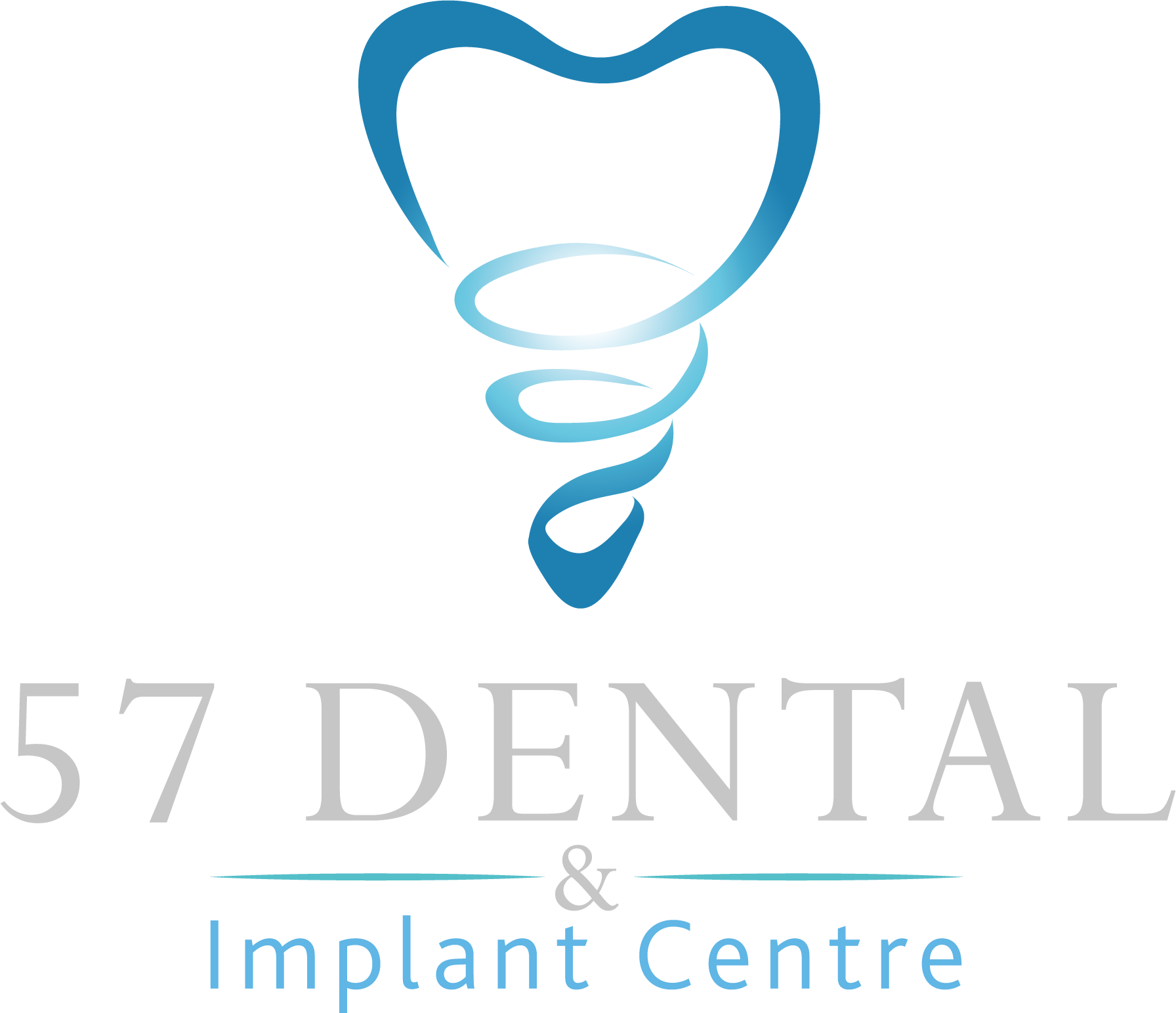When it comes to maintaining good oral health, regular dental check-ups are essential. During these appointments, dentists examine teeth for any signs of decay or damage, and dental hygienists also play a crucial role in keeping your teeth and gums clean and healthy. In this article, we’ll take a closer look at the role of a dental hygienist during a dental appointment.
What Does a Dental Hygienist Do?
Dental hygienists are licensed oral health professionals who work alongside dentists to provide preventative dental care. They are responsible for cleaning teeth, examining patients for signs of oral diseases, and providing education on proper oral hygiene practices. Here are some of the specific tasks that dental hygienists perform during a dental appointment:
Cleaning Teeth
One of the primary responsibilities of a dental hygienist is to clean teeth. This is done using special instruments to remove plaque and tartar from the surface of teeth. Plaque is a sticky film of bacteria that builds up on teeth and can lead to decay and gum disease if not removed. Tartar, on the other hand, is a hardened plaque that can only be removed by a dental professional.
Examining Patients for Signs of Oral Diseases
In addition to cleaning teeth, dental hygienists also examine patients for signs of oral diseases such as gum disease, oral cancer, and tooth decay. They may use special tools to measure the depth of gum pockets and check for any abnormalities in the mouth. If they detect any issues, they will alert the dentist, who will then make a diagnosis and recommend treatment.
Providing Education on Proper Oral Hygiene Practices
Dental hygienists also play a critical role in educating patients on proper oral hygiene practices. They may demonstrate the correct way to brush and floss teeth and provide advice on diet and lifestyle factors that can impact oral health. By providing this education, dental hygienists help patients take an active role in maintaining their oral health.
The Benefits of Seeing a Dental Hygienist
Regular visits to a dental hygienist can provide numerous benefits for your oral health. Here are just a few reasons why it’s essential to see a dental hygienist:
Preventing Cavities and Gum Disease
Regular cleanings by a dental hygienist can help prevent cavities and gum disease. By removing plaque and tartar buildup, dental hygienists reduce the risk of tooth decay and gum infections.
Early Detection of Oral Diseases
Dental hygienists are trained to detect early signs of oral diseases such as gum disease and oral cancer. Catching these issues early gives patients a better chance of successful treatment and recovery.
Education on Proper Oral Hygiene Practices
As mentioned earlier, dental hygienists provide education on proper oral hygiene practices. By properly caring for their teeth and gums, patients can reduce their risk of developing oral health problems.
Role of a Dental Hygienist During a Dental Appointment: FAQs
Q1: What qualifications does a dental hygienist possess?
A dental hygienist typically holds a degree or diploma in dental hygiene from an accredited institution. They undergo rigorous training and education in oral health, dental procedures, and patient care. Additionally, depending on the jurisdiction, they may be required to obtain licensure or certification.
Q2: What is the difference between a dentist and a dental hygienist?
While dentists and dental hygienists work together to provide comprehensive oral care, their roles differ in expertise and scope. Dentists are qualified to diagnose and treat oral health issues, perform dental procedures, and prescribe medications. Dental hygienists primarily focus on preventive oral care, such as teeth cleaning, gum disease management, and patient education.
Q3: What does a dental hygienist do before a dental appointment?
Before a dental appointment, a dental hygienist reviews the patient’s dental history and medical records. They prepare the dental tools and equipment needed for the examination and treatment. They also ensure a clean and sanitised environment to maintain infection control standards.
Q4: What happens during an oral examination conducted by a dental hygienist?
A dental hygienist assesses the patient’s oral health status during an oral examination. This includes visually examining the teeth and gums, checking for signs of decay or gum disease, and performing oral cancer screenings. Dental hygienists may also take dental X-rays to aid diagnosis and treatment planning.
Q5: What does a dental hygienist do during a teeth cleaning procedure?
During teeth cleaning, a dental hygienist removes plaque and tartar buildup from the teeth. They use specialised instruments to scrape away these deposits, especially in hard-to-reach areas. Additionally, they may perform periodontal charting to evaluate gum health and determine the presence of gum disease.
Q6: How do dental hygienists educate patients about oral hygiene practices?
Dental hygienists play a crucial role in patient education. They demonstrate proper brushing and flossing techniques, recommend suitable dental care products, and provide personalised advice for maintaining oral health. They may discuss the importance of a balanced diet, the impact of lifestyle habits on oral health, and strategies for preventing oral diseases.
Conclusion:
In conclusion, dental hygienists are critical in maintaining good oral health. They clean teeth, examine patients for signs of oral diseases, and provide education on proper oral hygiene practices. Regularly seeing a dental hygienist can prevent cavities and gum disease, detect oral diseases early, and learn how to care for their teeth and gums properly. So, the next time you visit your dentist, thank your dental hygienist for all they do to keep your smile healthy!
